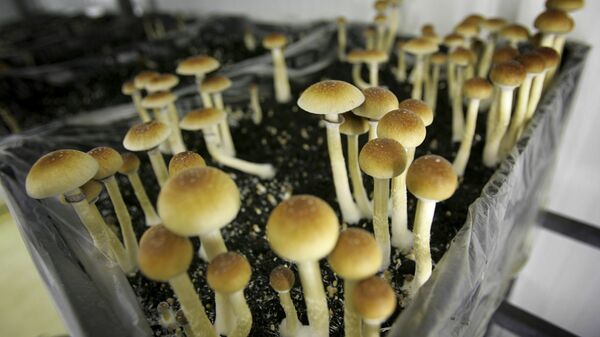The proposal seeks to make growing and selling psychedelics "among the lowest law enforcement priorities.” Specifically, it would apply to plants and fungus that contain ibogaine, mescaline, psilocybin and other chemicals. The authors of the proposals argued that psilocybin, a hallucinogen, has been shown to help with addiction, PTSD, depression and other mental health problems.
"Practices with entheogenic plants and fungi have longs [sic] existed, have been considered sacred to a number of cultures and religions for millennia and continue to be enhanced and improved," a report submitted to the board said. “Citizens of the District of Columbia seeking to improve their health and well-being through the use of entheogenic plants and fungi currently use them in fear of arrest and prosecution.”
If approved by the board, the initiative will go to a DC-wide vote after a challenging period. Passing the vote would make DC the fourth city in the country to decriminalize the drug, joining Oakland and Santa Cruz in California as well as Denver.
“At the end of the day, the merits of the initiative are not our decision to make,” Board of Elections Chairman D. Michael Bennett told the Post. “The merits will be decided by the voters.”
The proposal was first laid out by DC Department of Energy and Environment budget officer Melissa Lavasani, who is also a spokeswoman for the advocacy group Decriminalize Nature DC, and originally was called the Entheogenic Plant and Fungus Policy Act of 2020. Lavasani told the Washington Post that she began micro-dosing on the hallucinogens in 2018 when she fell into a deep depression.
“I felt much lighter,” she said. “I was actually happy. I had joyful moments. I was engaging with my children more. It was a quick turnaround.”
Lavasani said she doesn’t take these natural hallucinogens anymore but noted that the proposal can help " getting people feeling comfortable enough to treat themselves."


